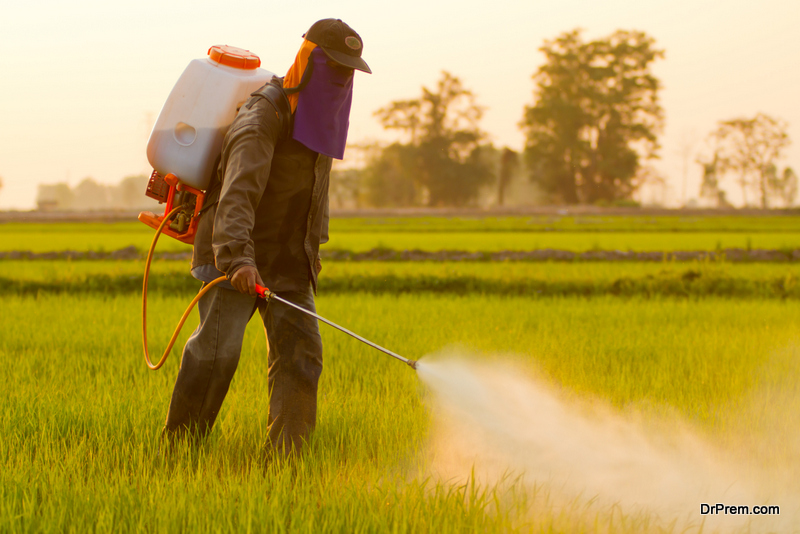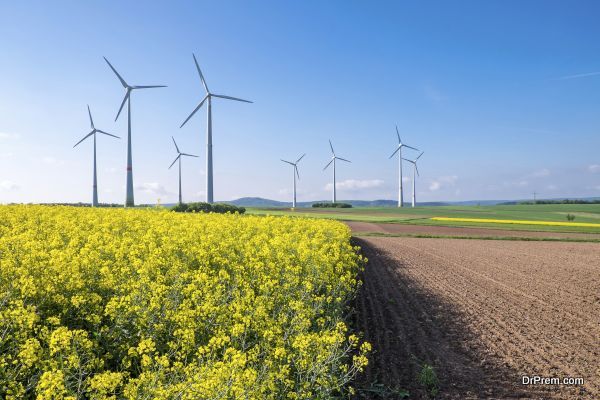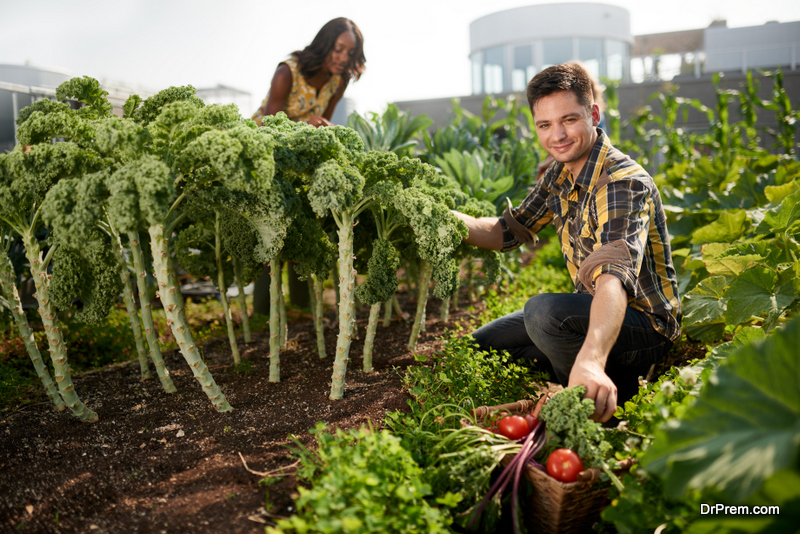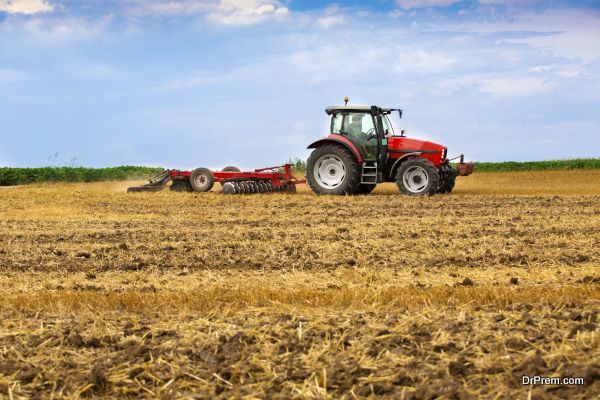Farming and agriculture have been instrumental to our lives for a very long time. In fact, it dates back several thousand years and is still incredibly important to this day. Farming used to only be done on a large scale, but this is no longer the case. Plenty of people operate their own small gardens or farms on their property or at community gardens.
Urban farming is also showing a lot of potential and could be one of the most important innovations in the space. However, whether you have a large farm or a small eco farm on your property, it is important for it to be sustainable.
Sustainable farming is all about conserving energy, eliminating harmful chemicals, using resources efficiently and generally having respect for nature. Unfortunately, running a sustainable operation (big or small) is not always easy.
With that in mind, this article is going to look at a few sustainable farming practices that you should look to adopt.
1. Rotating Crops
Many plants and crops grow best in nature in their own natural habitats. As a result, you should do all you can to mimic their natural environment. A great way to do this is by rotating crops. Crop rotation is all about growing different plants or crops on the same soil season after season. One of the main benefits of this is to prevent the loss of soil fertility without the need for fertilizers.
If you only plant a single crop in the same place all the time, the soil can often have its nutrients be depleted entirely. Disease and pest reduction is also a benefit of diversifying the type of crops that are grown on a certain plot of land. This is because the development or pests or diseases is interrupted when crops are routinely changed.
2. Manually Controlling Weeds
If you are planting a farm or garden, it is almost inevitable that invasive weeds will begin to show up. Weeds are never welcomed in a farm or garden, and thus need to be dealt with. Unfortunately, many farmers enlist the help of chemical-packed weed killers that aren’t exactly the safest.
Instead, come up with ways to naturally and manually control the weeds in your farm. This can be anything from using a wheel hoe (like this one from Easy Digging) to removing the weeds or covering soil with mulch or covers. If you plan ahead and include measures to protect your farm from weeds, there will be a much lower chance of you actually getting any.
3. Preventing Pests without Harmful Chemicals
 One sure thing when it comes to farming is that pests will likely affect your crops in some way. Many farmers will use pesticides or chemicals to get rid of these pests quickly and effectively. While this will often protect your crops from pests, the chemicals used are often very harmful to the environment.
One sure thing when it comes to farming is that pests will likely affect your crops in some way. Many farmers will use pesticides or chemicals to get rid of these pests quickly and effectively. While this will often protect your crops from pests, the chemicals used are often very harmful to the environment.
Instead, a sustainable farm will seek natural ways to prevent pests. There are a number of ways this can be done such as natural pest repellents, introducing insects or animals capable of dealing with the pests, or creating farm conditions that do not allow for pests to feast on your crops.
4. Sell Locally
If you run a farm with the goal of selling what you create, one of the best ways to remain sustainable is to sell locally. One of the biggest sources of pollution or greenhouse gases for many farms is transporting their food or goods for sale. If you sell in your local area, this eliminates the need entirely.
Also, if you sell locally at farmers markets or other local stores, you generally need less packaging. The shorter the journey your food takes, the more sustainable it will ultimately be. So, enjoying your food yourself or selling it locally are generally the best things to do.
5. Use Renewable Energy Sources
 Farming often requires a good amount of energy. Unfortunately, using traditional or standard forms of energy is the complete opposite of sustainability. As a result, do your best to take advantage of renewable sources of energy. This includes solar, hydro or wind power, each which is much more sustainable than traditional forms of energy.
Farming often requires a good amount of energy. Unfortunately, using traditional or standard forms of energy is the complete opposite of sustainability. As a result, do your best to take advantage of renewable sources of energy. This includes solar, hydro or wind power, each which is much more sustainable than traditional forms of energy.
These renewable energy sources can essentially do the same things, but without damaging the environment. Solar panels can collect energy to power heaters, pumps and lights, while running water and hydro power can run a variety of different farming tools and machines. Many of these renewable sources of energy can also save farmers money in the long run.
In conclusion, we hope that this article has helped you learn and understand some of the many sustainable farming practices.
Article Submitted By Community Writer



